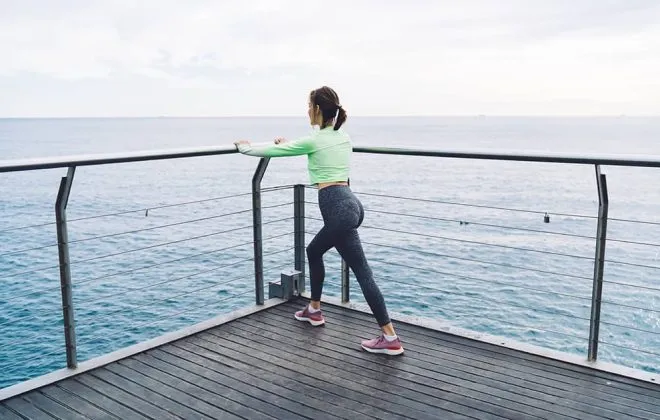Training Abroad? Here Are Top 3 Travel Tips To Consider
Are you an athlete planning on training abroad? Traveling can be quite an exhausting task for anyone. From creating the itinerary and financing your trip to ensuring you’re where you need to be at the right time, it’s natural to be a little worn out by the time you actually arrive at your destination.
If you’re an athlete, the chances are you live by a fairly strict routine that allows you to consistently perform at your best. Unfortunately, traveling can significantly disrupt it by affecting your body, sleep cycles and even mood.
The good news is that there are some ways to help mitigate travel-related stress and ensure your training abroad is as effective as it can be.
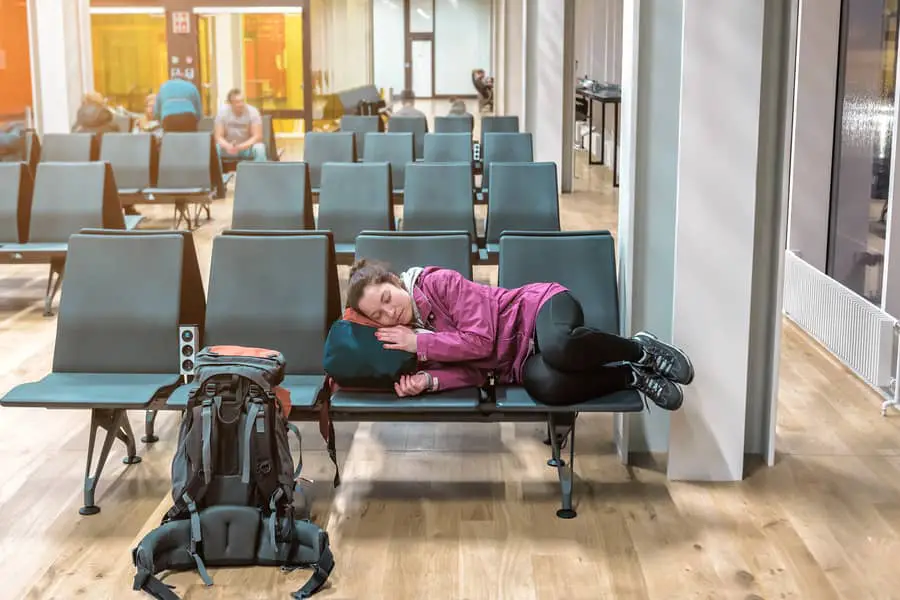
Below are some of the most important practices athletes should consider while traveling.
Prioritize sleep and energy for training abroad
One thing that athletes can expect is short-term fatigue, headaches and even tummy upsets when switching time zones. Unfortunately, such disruption to the usual routine and environment doesn’t leave you in the best position to beat your PBs or bring your best to the next training session.
Jet lag is a prolonged form of travel fatigue that can have a negative effect on your form and fitness (until you adapt). It’s caused by disruption to your circadian rhythm as you move between time zones. Our sleep patterns can influence our cortisol levels, blood pressure, heart rate, hunger signals and even cognitive performance – all of which play a role in our endurance, strength, balance and flexibility.
Read also: Flying To Run A Race? Beat Jet Lag With These Expert Travel Tips
Sunlight is a powerful signal our bodies use to regulate our circadian rhythm. However, when we travel and are exposed to artificial light for long periods of time, it can become disrupted. To avoid fatigue and jet-lag, try to sleep at your usual times as much as possible when traveling and expose yourself to as much light as possible in the morning of your new time zone. In the evenings you can use an eye mask and earplugs (or noise-canceling earbuds), as well as limit screen time to help improve sleep quality.
Hydrate and eat well
Flying exposes you to mild hypoxia (due to altitude) and dry air, which causes us to become dehydrated, often resulting in headaches and fatigue. To reduce your chances of feeling less than optimal, ensure you stay well-hydrated both on and off the plane.
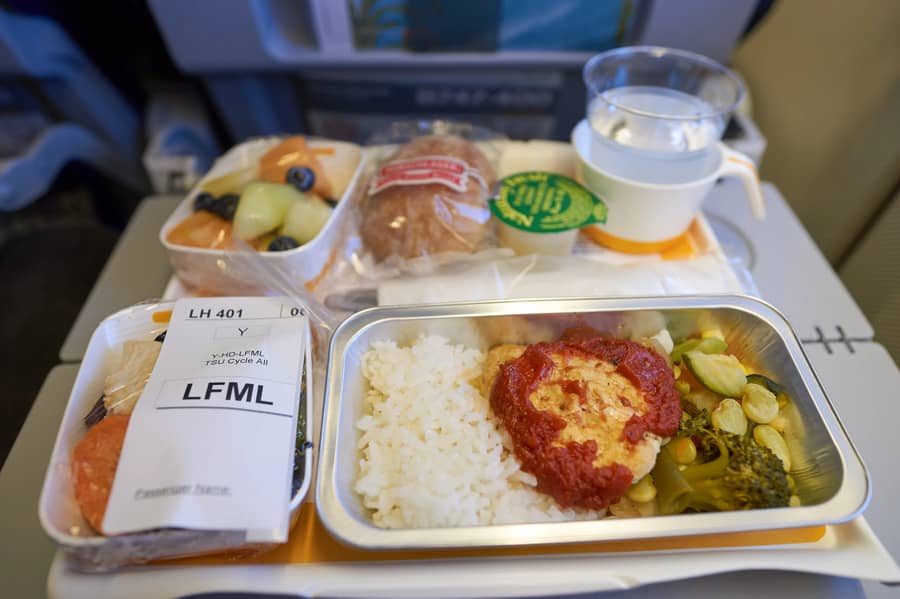
Though a great perk of traveling is the chance to taste new flavors and dishes, athletes should always bring snacks that are nutritionally dense, to have an option to fall back on in situation when healthy food is not available. In-flight meals may not meet all of your macro requirements, so it’s worth having your own food at the ready, if possible. Prioritize protein, healthy fats and whole foods to keep yourself as fit as possible while on the move.
Read also: 9 Tips For Eating Healthy While Traveling And Having More Energy
Take care of your immune system
Another common issue with traveling overseas is catching illnesses from stress of travelling, public transport, foreign food or a combination of those. Not only does poor sleep when traveling lowers our immune system, but the dry air on the plane dries out the mucus membranes in our respiratory system, removing another layer of protection against airborne bacteria.
You can reduce your chances of getting sick by using hand sanitizer regularly, wiping down headrests, armrests and other frequently touched surfaces, as well as keeping yourself hydrated. Eating with clean hands and opting for cooked, rather than raw, foods will help reduce the risk of eating any food which may upset your stomach.
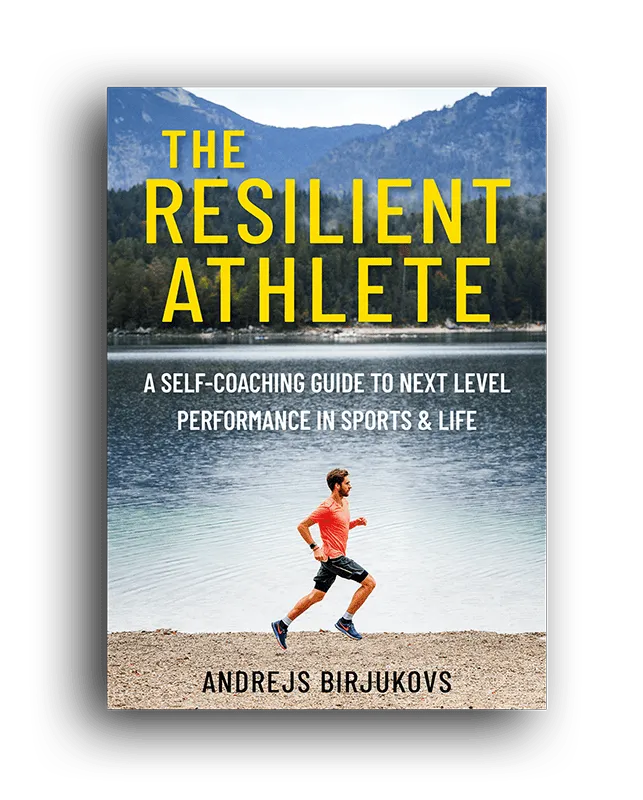
The Resilient Athlete
A Self-Coaching Guide to Next Level Performance in Sports & Life
Are you aiming to become a resilient athlete who is able to withstand any pressure? Be able to jump on any opportunity? Take any challenge life throws at you head on?
Then this book is for you.
Learn moreThough it can be stressful to travel as an athlete, the tips above can help you to enjoy your trip as much as possible without compromising on your performance.
Have an opinion? Share via links below and tag @theathleteblog
Tags In
GET A FREE TRAINING PLAN
Subscribe to my email list and get access to a free 4-week “back in shape” training plan
You’ll also get two full-body strength sessions and some other goodies!
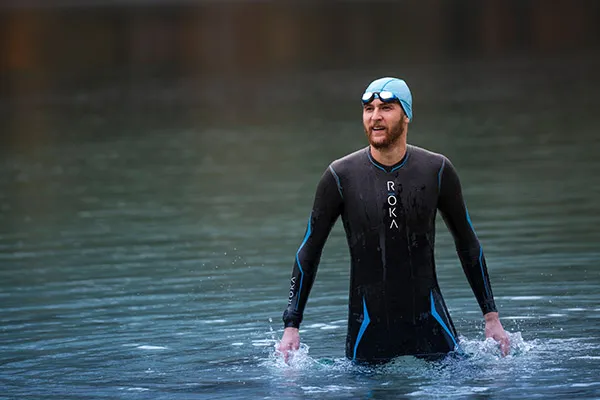
How did I get here?
Hey there! My name is Andrejs and I am here to inspire, entertain and get you fit for any adventure.
I went from being an over trained pro athlete to an endurance coach sharing how to listen to your body and live life to the fullest.
Traveling, new sports & activities brought new meaning to my training and made it much more effective, fun and enjoyable. And I'm here to help you do the same.

